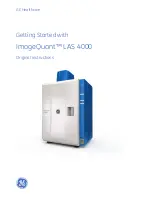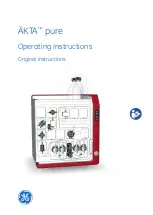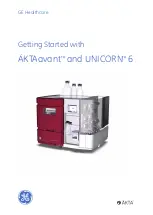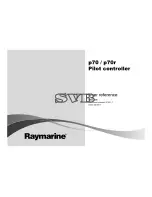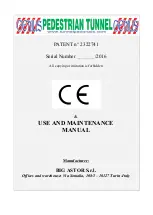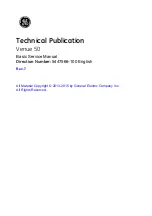
Recording TMJ movement
33
Place the filled clutch onto the lower jaw teeth and set
the shaft in a median-sagittal position. The patient draws
back the lower jaw and closes, thus automatically posi-
tioning the shaft so that the smallest possible locked
bite is achieved.
Before mounting the lower face bow, the silicone must be completely set, with the patient's
mouth slightly open. Follow the manufacturer's instructions! It is advisable to leave a separate
material sample extra-orally with which you can check the hardening process. Make sure that
no interferences occur in the back areas, caused by material being squeezed out.
3.3.2.2
Fixing the para-occlusal clutch
If you are using an occlusal tray clutch, you may skip this section.
When using a functional occlusal clutch, you can analyze the effects of occlusion on the TMJ position
and hinge axis movement. Condylar Position Measurements (CPM) can be carried out directly in the pa-
tient's mouth, so you no longer need to measure CPM on mounted casts. The functional occlusal clutch
is located outside of the occlusion, so it doesn't touch the upper jaw teeth, neither in intercuspation, nor
in function.
For fixing the para-occlusal clutch you will need a com-
posite for temporary restorations (e.g. Protemp II by 3M
ESPE).
Additionally, you will need a temporary cement such as
a zinc oxide cement (e.g. TempBond by Kerr) or a
carboxylate cement (e.g. Durelon by 3M ESPE).
Summary of Contents for CADIAX 4 A
Page 2: ......
Page 4: ...4 CADIAX compact...
Page 6: ...CADIAX compact 6...
Page 9: ...Content 9 76 8 5 Storage and transport 77 8 6 Disposal...
Page 78: ...CADIAX compact 78...
Page 79: ...79 CADIAX compact...
Page 80: ......

































